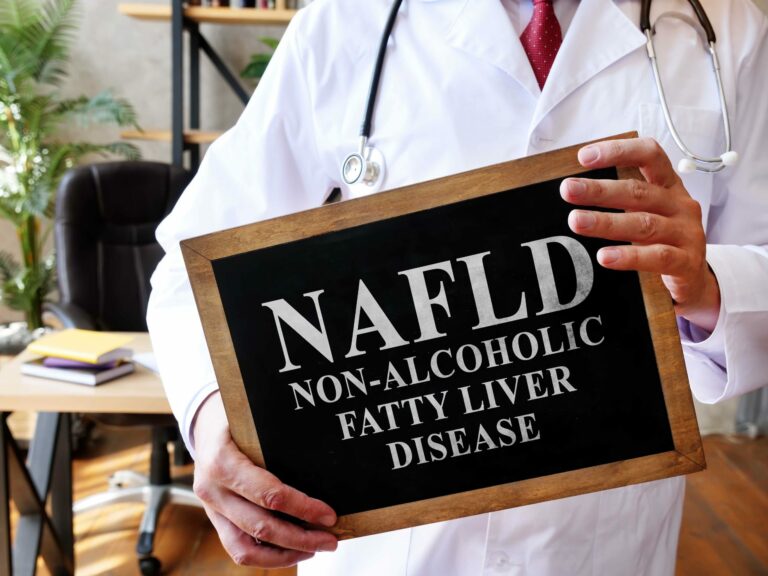Over 90% of us are not getting enough choline. If you are menopausal, vegan, pregnant, nursing, having memory issues, or have fatty liver, you are especially at risk of not getting enough choline, and its active metabolite, phosphatidylcholine. Choline was only recently discovered in the 1930s. Choline was classified as an essential nutrient after discovering the lack of choline in their diet caused fatty liver in dogs, and it was then forgotten about till the mid-1980s. Despite an epidemic of fatty liver and memory loss, it is rarely discussed, and I hope to change that as it is so crucial for memory, healthy babies, liver health, nerve function, DNA repair, and so much more. Let’s explore the more at-risk groups for choline deficiency and the reason why.
Vegan:
Eating vegan is such a healthy diet that I hate to point out the one flaw I can find. Unfortunately, most vegans and vegetarians are not getting enough choline, as the highest amounts of choline are found in meat and meat products. Choline exists in other foods, but it takes a more focused effort to get adequate quantities- see Table 2 in this excellent info sheet on choline.
Pregnancy and Breast Feeding:
Even high amounts of choline are necessary with pregnancy and breastfeeding, and up to 95% of women in these categories are not getting enough. Data is clear that infant outcomes in intelligence are much improved by supplementing with up to 980 mg a day of choline versus the recommended daily allowance. This is important because nerve development depends on adequate choline intake, as is manufacturing DNA. The kicker is that most prenatal vitamins do not even have choline, and when they do, it isn’t enough to get the increased amount needed in pregnant and breastfeeding women.
Menopausal:
Menopause is when we have significant decreases in hormones like estrogen. There is a well-founded connection between estrogen and the active choline by-product, phosphatidylcholine. With less estrogen, the enzyme that makes phosphatidylcholine (PC) has a decreased capacity of around 50%. Enzyme function is important because even with enough choline, you cannot efficiently make enough phosphatidylcholine, the bioactive form of choline. Phosphatidylcholine helps make acetylcholine, the neurotransmitter for memory, and sphingomyelin, which protects the nerves in the brain. Brain fog and memory are significant issues in post-menopausal women, and this is a part of the reason.
Memory Issues:
As discussed in my previous paragraph on menopause, choline in the form of phosphatidylcholine is essential for brain health. Acetylcholine, formed from phosphatidylcholine, is how we make memory connections. Sphingomyelin, also from PC, is the protective covering of our nerves in the brain. For this reason, everyone with memory issues, or anyone looking for optimal brain health in my practice is put on PC.
Fatty Liver:
Fatty Liver is an epidemic, with over 25% of Americans suspected of having this condition. Fatty liver is a disease with more than one cause. It is highly connected to high sugar intake, as fructose from sugar, is converted into triglycerides stored in the liver. Another cause is the lack of choline and its downstream molecule, phosphatidylcholine (PC). PC has to be formed from choline, if not taken in from the diet, and utilized in the cell membranes of the liver. Without PC, the liver becomes fatty in its makeup. Therefore I instruct my patients to use the bioactive form of choline, phosphatidylcholine, which is better absorbed, and efficiently utilized, and the form found in our food.
DNA Repair:
Choline is an essential element for DNA repair. To repair DNA damage, you need the building blocks that choline provides. Choline also provides the methyl groups for a process called methylation that helps you detox and create neurotransmitters.
Dietary Sources:
Choline is primarily found in animal proteins like meat, dairy, and eggs. There are other sources of choline, but the highest percentage is found in this general category of foods. Here is a link to food sources.
Supplement Dosing:
I recommend 500-1000 mg of phosphatidylcholine. This is the form of choline found in what we eat, and choline is going to be made into this active form anyway to help with all the things mentioned above. I don’t recommend going much above this, as more is not necessarily better. There is still some debate that too much choline in the diet can lead to toxic metabolites in the gut and increase colon diseases, but it is unclear.
Best Forms of Phosphatidylcholine Supplements:
Most Bang for Your Buck: Phospholipid Plus– this is a powder form and is the least expensive way of getting phosphatidylcholine. It would be put into a shake every other day and has almost no taste, in my experience. I add it to Optishake GHI and make it more creamy.
Ease of intake: The highest amount in capsule form is Phosphaline from Xymogen. You could take one of these daily and make up the difference of anything you miss in your diet. There is also a liquid form if swallowing capsules is an issue.
Summary:
Although rarely discussed, choline and it’s active metabolite, phosphatidylcholine play an essential role in your health. With almost 90% of Americans not getting enough through diet, supplementation becomes essential for vegans, pregnant or nursing mothers, postmenopausal women, people with fatty liver, and those looking for optimum brain health. Dosing should be around 500 mg-1 gram per day. With no ability to test your levels, have a high index of suspicion. Your body thanks you.





